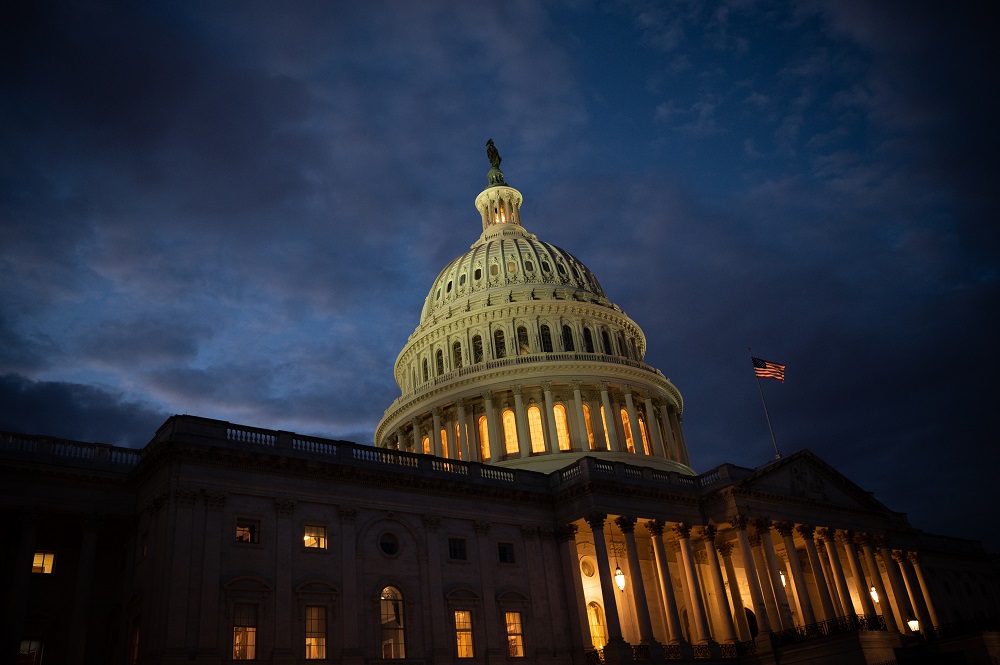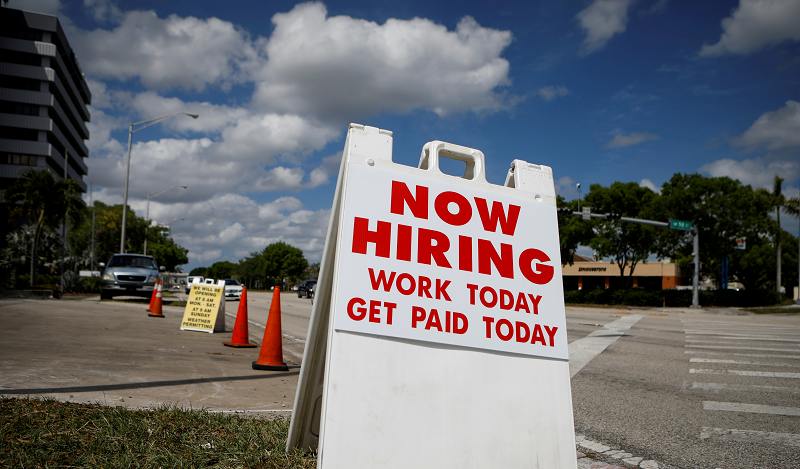
January 7, 2025
Ozempic and Your Community
As holiday treats give way to New Year’s Resolutions, the names of GLP-1 weight-loss drugs like Ozempic and Wegovy will be on millions of lips this January—in addition to any leftover fruitcake, eggnog, cookies, and latkes. But the benefits of these drugs aren’t limited to what they can do for an individual’s health. Recent analysis…

January 3, 2025
AI and People: Better Together
The rapid advancement of artificial intelligence (AI) has sparked widespread debate about its potential to displace highly-skilled workers. Recent research by Emilio Colombo and his colleagues, Towards the Terminator Economy, offers a more encouraging view. The authors’ findings suggest that among more highly skilled workers, generative AI may actually enhance productivity, increase wages, and boost employment….

January 2, 2025
AI Will Have a Major Impact on Labor Markets. Here’s How the US Can Prepare
The nation can do better at forecasting AI-driven job and skill changes, including with a data-focused nonprofit that examines the technology’s impact. Markets are the killer app for efficiently organizing unfathomably complex human activities to deliver innovation and prosperity. They can also shift suddenly, creating winners and losers, even as broad measures of economic health…

December 17, 2024
Make America Smart Again: The Jeopardy Test for Graduation
President-elect Donald Trump has signaled his intention to try to abolish the Education Department, long considered wasteful in a nation where public education is provided locally. If he were to succeed — a long shot, to be sure — state and local education overseers would have to step up to ensure quality education. On this front, the news is not promising….

December 17, 2024
Letter to the Department of Government Efficiency on Possible Reforms to the US Welfare System

December 17, 2024
Industrial Policy and Deficits: Dark Clouds for Democratic Capitalism
Democratic capitalism is a system that marries liberal democracy and free-market capitalism. This union creates tensions, and requires balancing competing aims. But this tension is healthy, not destructive — provided that democracy and capitalism are properly balanced, each sphere reinforces the other. Over the long term, capitalism requires liberal politics; and democracy will not maintain…
December 12, 2024
Senate Special Committee on Aging Hearing on Empowering People with Disabilities to Live, Work, Learn, and Thrive
Introduction: Chairman Casey, Ranking Member Braun and members of the committee, thank you for theopportunity to testify on the critical issues facing aging and disabled members of the Americanworkforce. I’d like to frame my remarks on this topic in two different but interrelated dimensionsof concern: the practical demands of the American economy and the moral…
December 5, 2024
SNAP and the “Make America Healthy Again” Agenda
President Trump has committed to “Make America Healthy Again.” Part of the solution will involve addressing issues within the federal government’s nutrition assistance programs. His nominees to lead the Department of Health and Human Services (DHHS) and the US Department of Agriculture (USDA) will play a pivotal role in advancing this agenda. Nearly six in 10 Americans…

November 27, 2024
Finally, a Win for Working Men
Since the 1970s, working men, particularly those without college degrees, have experienced lower employment rates, increased social isolation and growing health risks. Today, we are starting to see early signs that this problem may be abating. But lately, men have started going back to work. During most recessions, the male employment rate falls and never returns…

November 22, 2024
A Side Effect of the Booming Job Market: Wage Inequality Is Way Down
Lessons of the post-COVID economy. When voters tell you what they are concerned about, believe them. Exit polls from the presidential election the show that the economy ranked first among voters’ concerns at 32 percent, almost three times more than the next closest issue, immigration. A plurality of voters—45 percent—said that their financial situation was worse than…